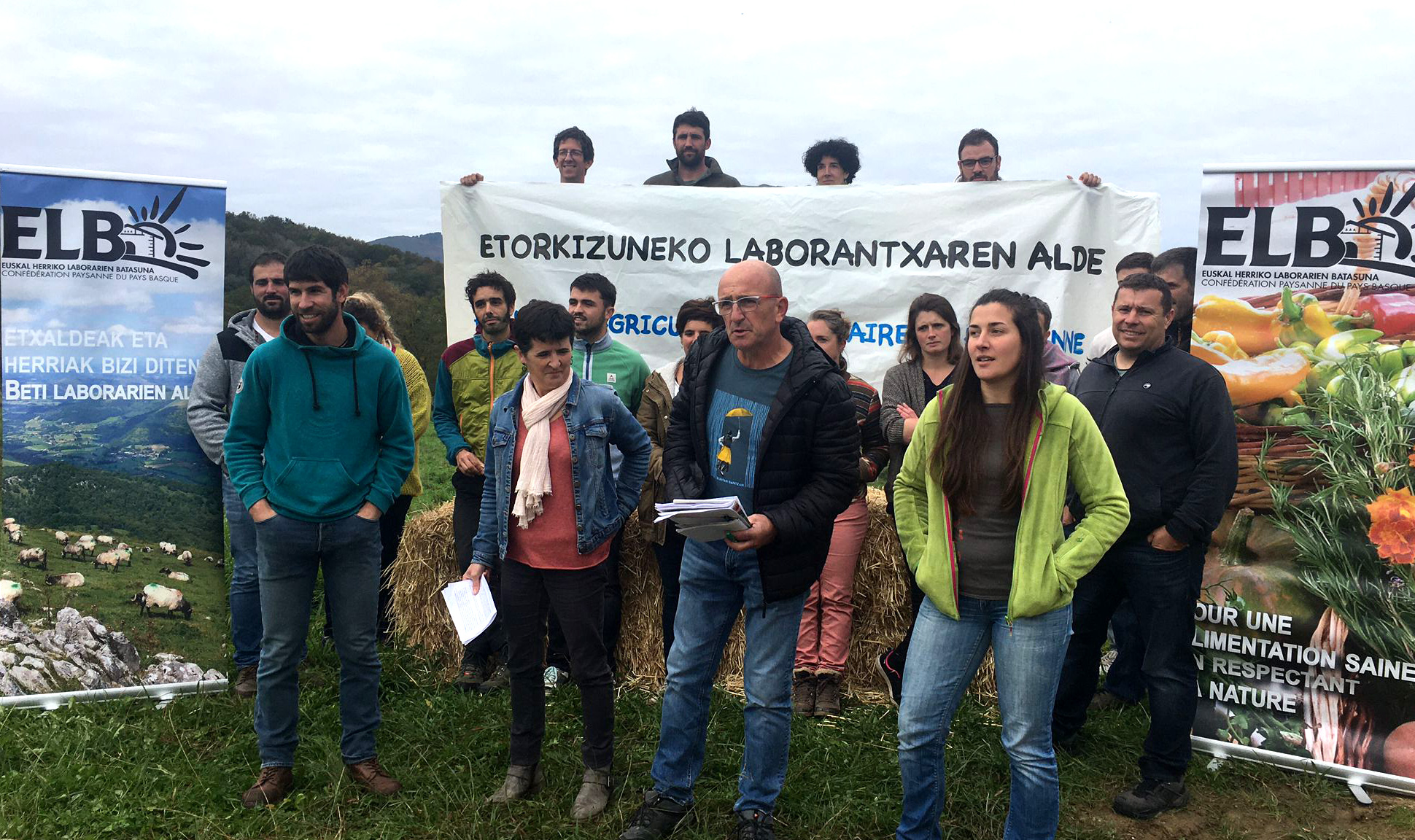Mercedes workers reward strike unions and punish opponents
- The trade union elections in the Alavesa power plant have come in memory of the historic days of strike in June and July. The results have revolutionized the composition of the Works Council: the trade union block that drove the strikes (ELA-LAB-ESK) has recorded a 24.5% increase in the votes, from 14 to 18 representatives, the block that opposed the strikes and the company (UGT -CCOO -Ekintza-PIM) has lost 30.11% of the votes.

On Thursday, trade union elections were held at the Mercedes factory in Vitoria, where thousands of workers took to the streets four months after the historic days. Unions represented on the works council since the beginning of the conflict were divided into two blocs: ELA, LAB and ESK (45% of the committee) stood against the company's aspirations and in favor of strikes; UGT, CCOO, Acción and PIM (55%). Beyond the trade unions, the workers, in any case, massively supported the calls for strike in open assemblies. The results of the elections have shown who has been awarded and who has been sanctioned.
Historic ALS victory over UGT
Among the winners, the ESK trade union has made the most progress in the votes (213); ELA (2) in the number of delegates; LAB has not increased significantly in the votes, but has won a representative. ELA has also taken UGT from the historic victory both in votes and in representatives. The main loser has been UGT, has lost its superiority, has gone from 7 to 6 representatives and has left 300 votes on the way, has conquered the same representatives of CCOO 2018 despite losing 33 votes, and have taken a big Ekintza (at 1 in 3 delegates and with more than half of the lost votes) and PIM (has been left unrepresented).
.jpg)
By blocks, turning relations of force
Measuring the results by the two blocks that formed in the weeks of strike and conflict, the transformation is total. Since 2018, the UGT - CCOO - Ekintza-PIM block had a majority of commission, with 54.8% representatives. After the Thursday elections, it remains at 38%. By contrast, the ELA-LAB-ESK block has increased from 45.2% to 62%. The UGT – CCOO – Ekintza-PIM block (-692) lost almost a quarter of its votes, while the ELA-LAB-ESK block increased by almost a third (+439).
.jpg)
Outcome of the referendum threatened
There was a lot of eyes on the Mercedes union elections. Last June the largest Algerian company promised an investment of EUR 1.2 billion, but with a condition for workers: they should accept greater “flexibility”, work for six consecutive nights. Disobeying the joint pressure of public institutions, the dependent media, employers and some unions, the workers’ strike paralysed production for several days, for the first time in three decades. Unions represented on the works council since the beginning of the conflict were divided into two blocs. On 18 July the workers voted in a referendum on the labour agreement agreed between the anti-strike unions and the owners of the company, and 57% accepted it. The results of the latest elections clearly demonstrate that the approval of the convention was more afraid of threats – “The negative would be the beginning of the end,” said Mercedes director Emilio Titos; anti-strike unions repeated them to the workers, the media allowed it, than conviction.
The Department of Education doesn't understand why public employees have gone on strike. He's got to ask the LAB Syndicate. This union signed an agreement with the department in April 2023. Two years later they have also called for a strike because, unlike the previous ones, the... [+]
The year 2025 will lead to a general policy of establishing shorter working weeks, bringing low costs for new hires for companies and an effective direction of change in labour relations.
With the aim of complying with the Spanish government agreement, the reform to shorten the... [+]
I received your e-mail in personal mail on the strike portals. At first, like many others, I thought it was to let you know what options we have in the face of the strike. But no, the e-mail received was a political and communicative movement against the strike.
I will confess... [+]
Datorren astean Departamenduko Laborantza Ganbarako hauteskundeak ospatuko dira Ipar Euskal Herrian. Frantzia mailako FDSEA eta CR sindikatuez gain, ELB Euskal Herriko Laborarien Batasuna aurkezten da, "euskal laborarien defentsa" bermatzeko.
And for another year, the unions have organized prefabricated strikes for us. And we, individually, will decide whether or not to join the strike, without the need for any assembly at the school.
The strike model that I was taught is no longer in vogue, it seems. In my... [+]









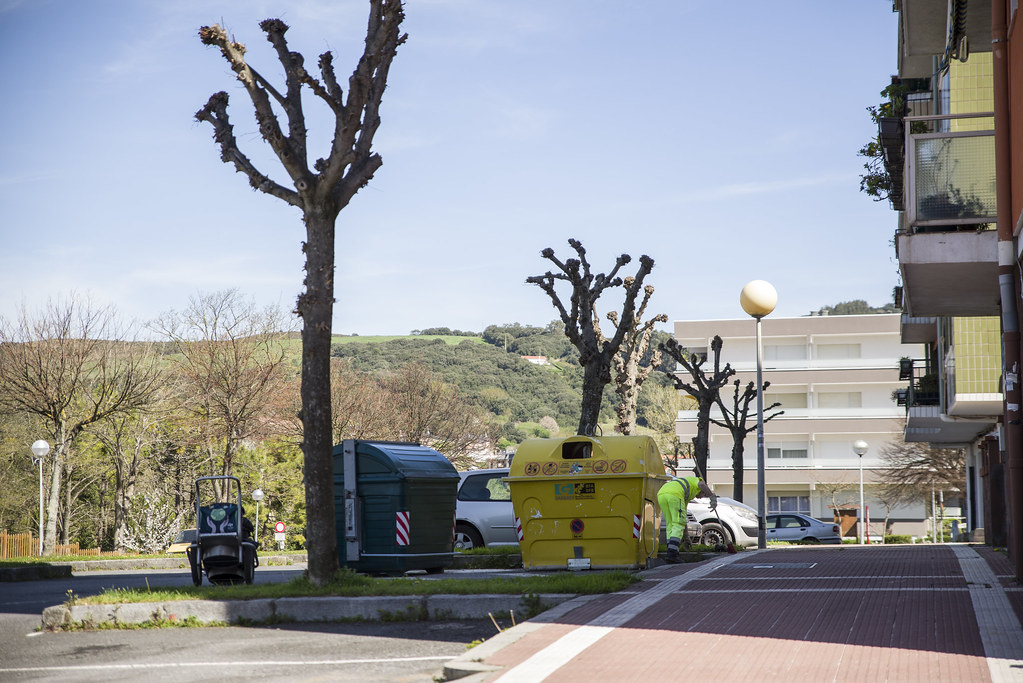
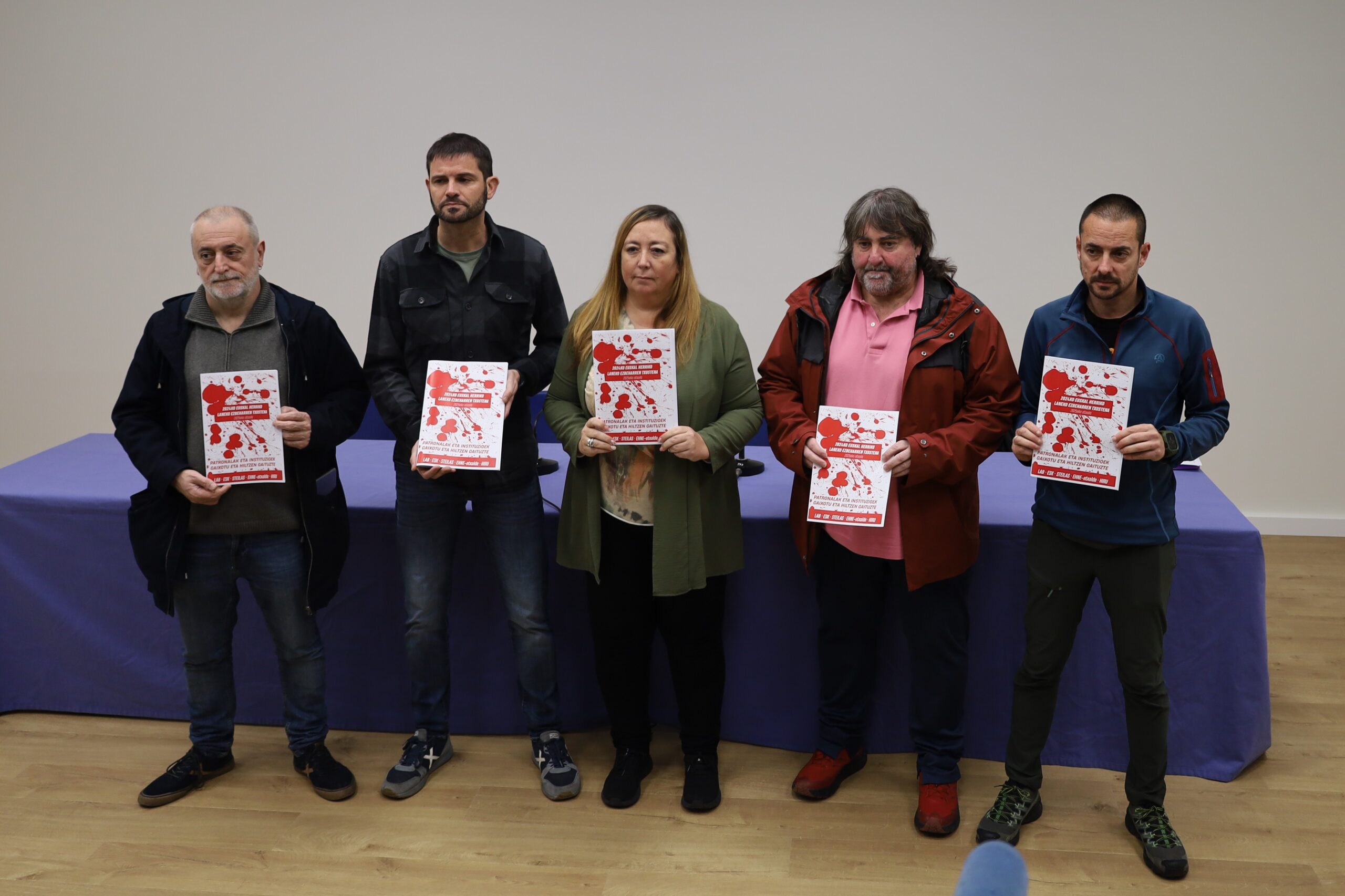

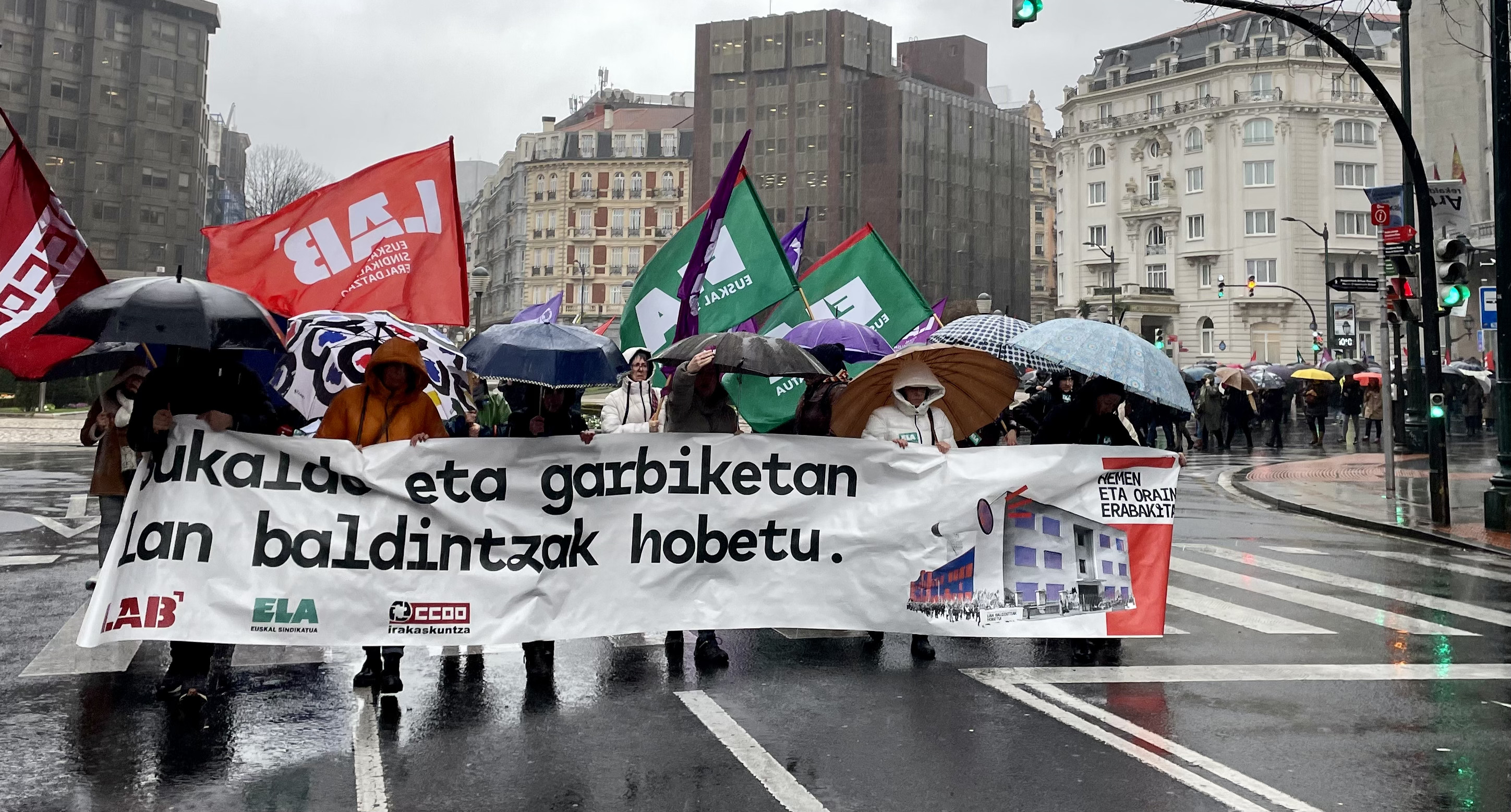
.jpg)

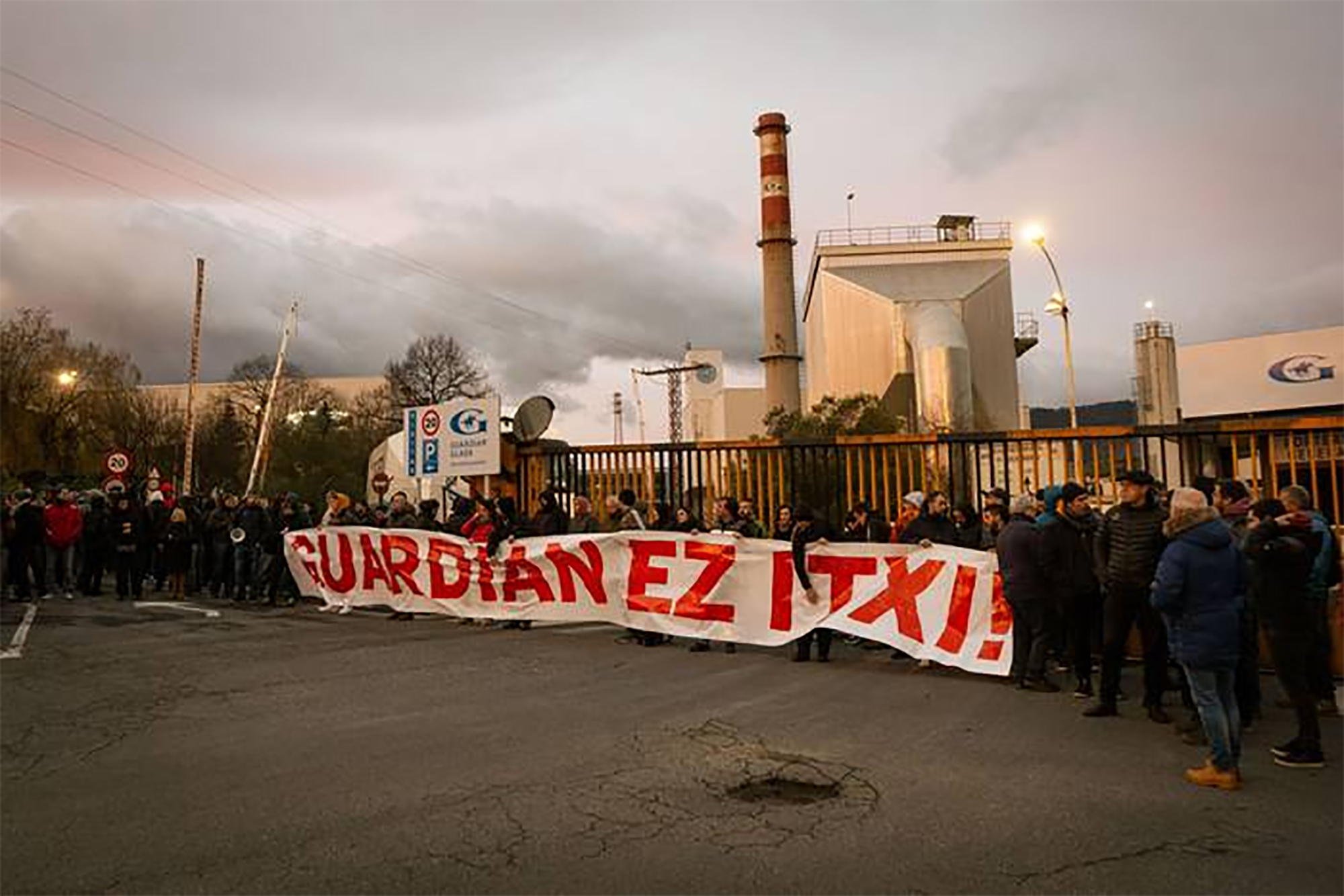


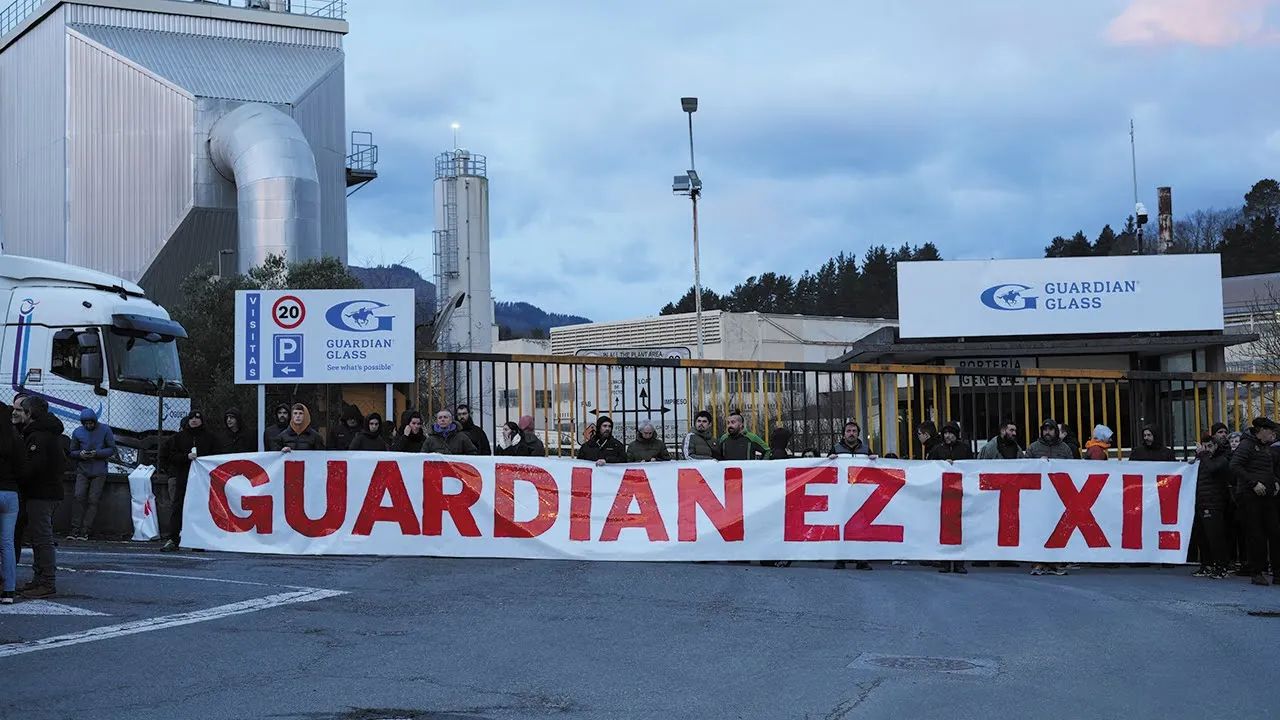
.jpg)
